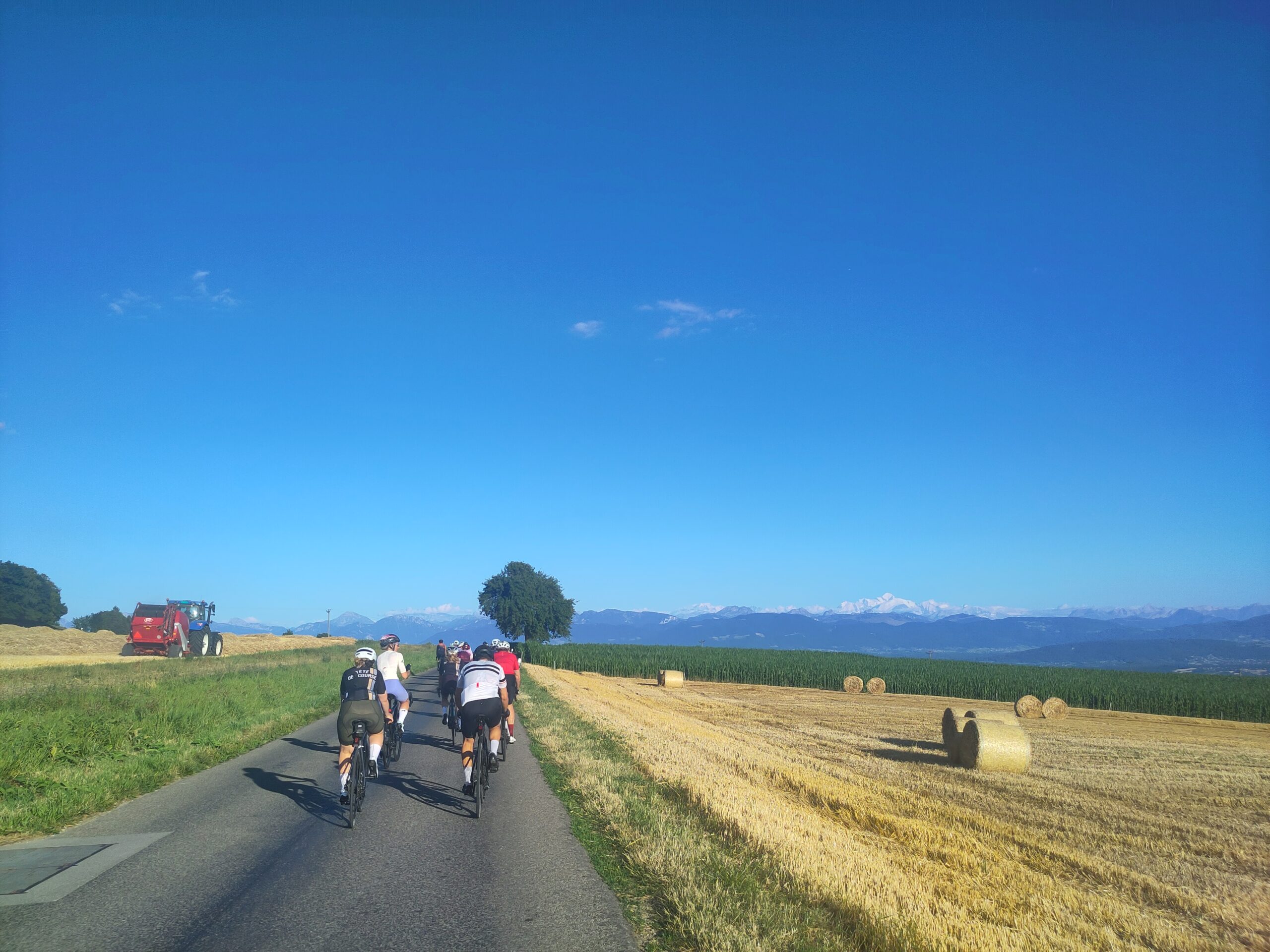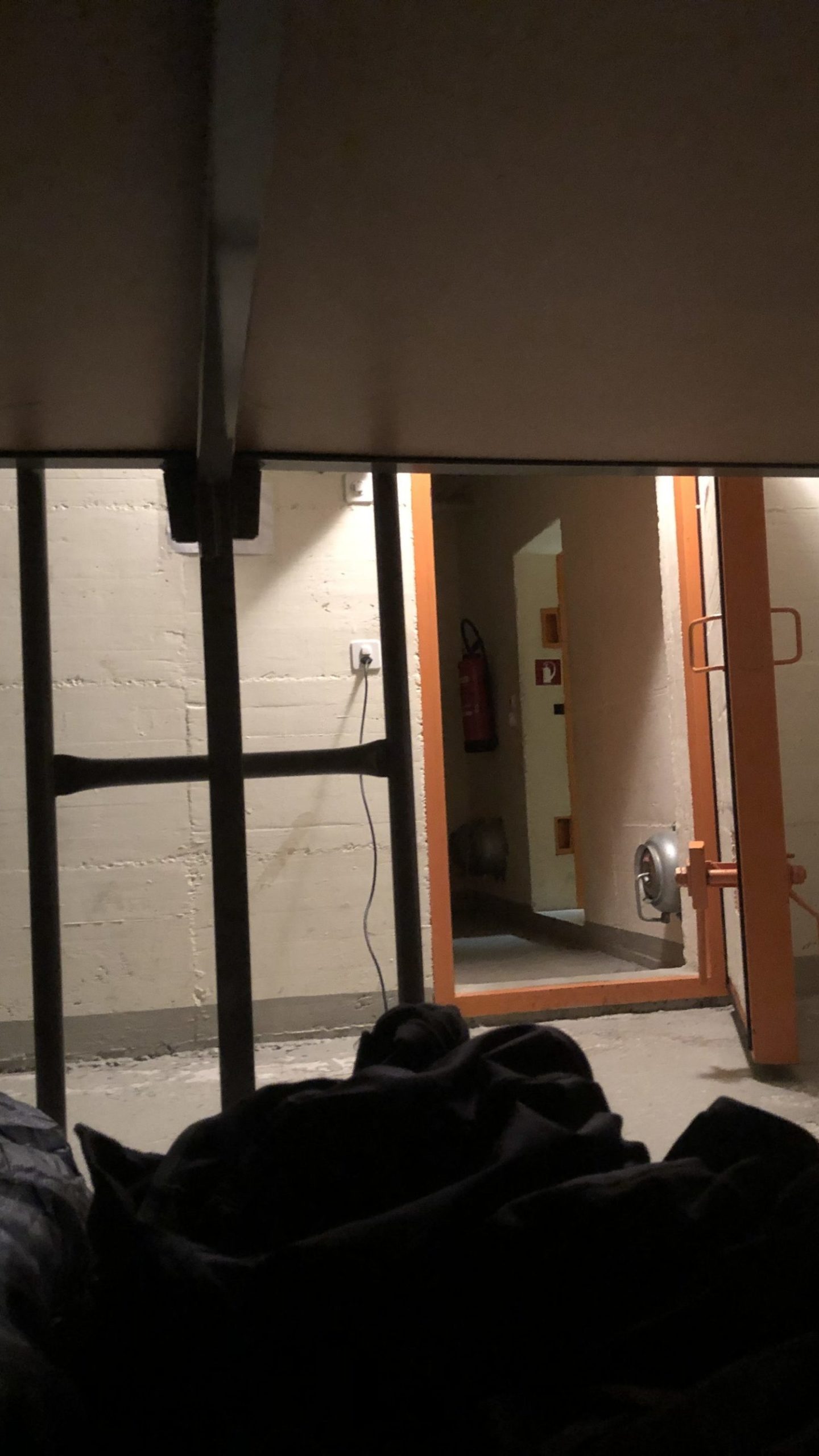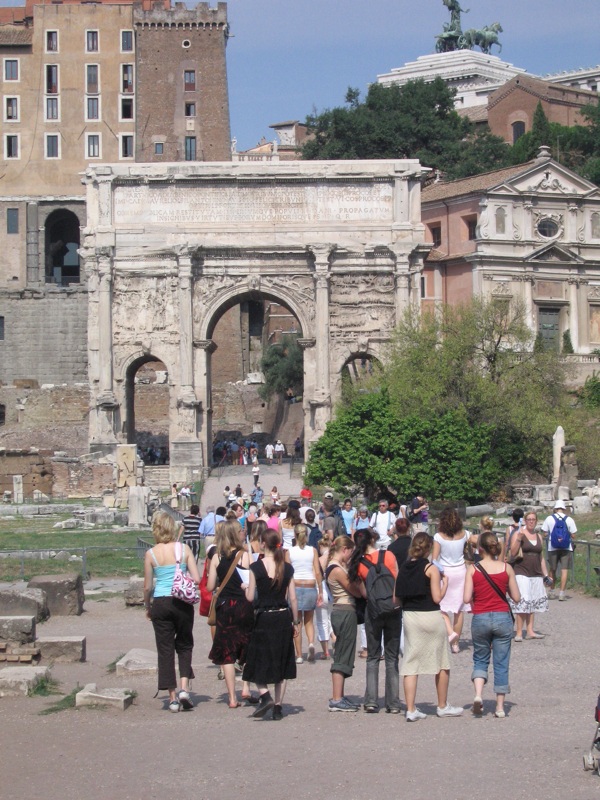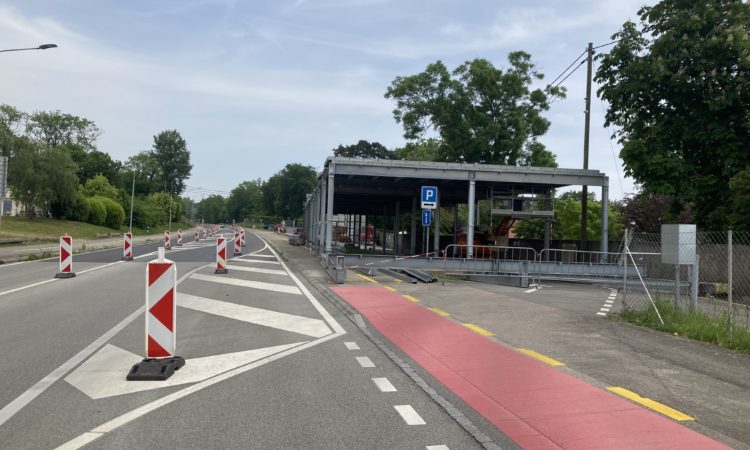Tag: Sleep
-

A Birthday Party Nearby and Good Sleep Before Cycling
Reading Time: 2 minutesOn Sunday I want to do a bike ride that I have been thinking of doing for months, at this point. It’s an 81km loop that begins in Nyon and ends in Nyon, going via Montricher. The challenge with this ride is that it has 1100m of climbing. A Slight Let Down…
-

Sleeping in an Air Raid Shelter
Reading Time: 3 minutesI volunteered in an event that I saw us sleeping in an Air Raid Shelter. Usually, when participating in this event we sleep in an empty summer camp as it has free rooms before the summer activities start. From the summer camp, we have nice views from the balcony and rooms for…
-
Noise and Liveable Flats
Reading Time: 2 minutesIt’s only 130am therefore it’s not that late but I want to sleep and there is something that has been hindering this effort particularly strongly for the past three nights. Drunken people with no pitch or tone control when singing using their lungs and voice projection to full pelt. It’s not that…
-
An academic fox for university
Reading Time: 2 minutesWhen you’re s student normal clocks no longer have any relevance to the way you live your life. Sometimes you go to sleep three hours after the sun rose and other times you have a nap at three in the afternoon. Occasionally you sleep from ten at night till 6 am. That’s…

